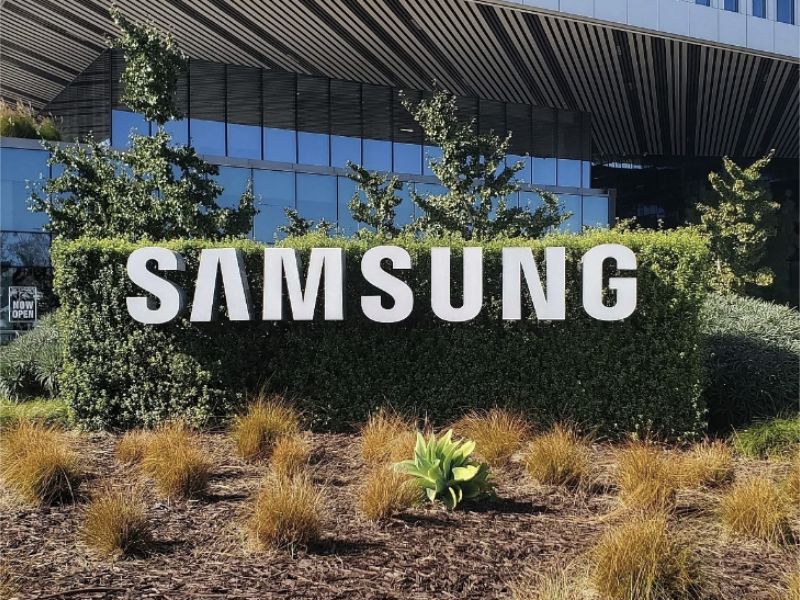- Samsung projects a strong demand for AI-driven chips, as it reported a more than 15-fold growth in its second-quarter operating profit.
- Samsung’s fourth-generation HBM, or HBM3, has been approved by Nvidia for use in its H20 graphics processor, developed for the Chinese market.
OUR TAKE
Driven by the rapid development of AI technology, Samsung achieved more than 15-fold year-on-year growth in operating profit, with a particularly strong performance in the chip business. This remarkable achievement not only highlights the important role of AI in driving the company’s performance, but also reflects the urgent need for high-performance computing and data processing capabilities across the industry. As cloud computing service providers and enterprises continue to expand their investments in AI technology, demand for the AI-driven chip market is expected to continue its strong growth momentum in the second half of 2024.
–Elodie Qian, BTW reporter
What happened
Samsung Electronics projects a strong demand for AI-driven chips in the second half of this year, following a substantial leap in its second-quarter operating profit of over 15 times compared to last year.
“AI servers are set to claim a larger share of the memory market in the second half of 2024, as leading cloud service providers and corporations step up their AI investments,” the company stated.
The earnings for the world’s largest manufacturer of memory chips, smartphones, and televisions saw a significant boost in the June quarter, driven by a rebound in semiconductor prices due to the AI boom.
In the morning trade, Samsung’s share price increased by 0.9%, outpacing the benchmark index’s 0.5% rise. The company’s second-quarter revenue also saw a 23% rise, reaching 74 trillion won ($5.36 billion).
Samsung’s operating profit for the period from April to June reached 10.4 trillion won ($7.52 billion), a significant increase from 670 billion won ($48.53 million) in the same period of the previous year. This profit is the highest since the third quarter of 2022, largely due to the chip division’s recovery as a major revenue source for the tech giant.
The chip division alone reported a 6.45 trillion won ($4.67 billion) profit, the highest since the second quarter of 2022, marking consecutive quarterly profits.
The demand for high-end DRAM chips, including high bandwidth memory (HBM) chips used in AI chipsets, has driven up chip prices.
Samsung’s revenue from HBM chips for the second quarter saw an approximate 50% increase from the last quarter. SK Hynix, a South Korean competitor, also reported growing demand for AI chips, achieving its highest quarterly profit since 2018.
Also read: Samsung secures advanced AI chip order from Preferred Networks
Also read: Nvidia approves Samsung’s HBM3 for China market GPUs
Why it’s important
While Samsung has yet to meet Nvidia’s standards for fifth-generation HBM chips, known as HBM3E, its fourth-generation HBM, or HBM3, has been approved by Nvidia for use in its H20 graphics processor, developed for the Chinese market.
Samsung predicts that HBM3E sales will constitute 60% of total HBM sales by the fourth quarter. The company is focusing on HBM, server DRAMs, and server SSDs for AI applications, which may limit the supply of traditional PC and mobile memory chips in the latter half of the year.
The mobile devices business experienced a drop in operating profit of about 810 billion won ($586.76 billion) in the second quarter due to increased component costs and higher expenditures on AI services marketing and development, despite a consistent shipment of 54 million smartphones.
Samsung anticipates an increase in overall smartphone demand for the second half of 2024, driven by a rise in demand for premium products with AI capabilities and accessories like smartwatches.
The company launched its latest flagship foldable phones and mobile accessories earlier this month to compete in the premium smartphone market against Apple, including a new ring for health monitoring.

